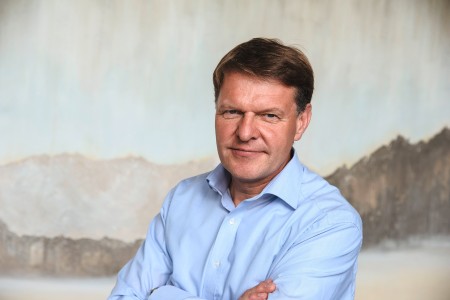Interview with Dr. Hermann Pilz
Dr. Hermann Pilz, Chairman of the Advisory Board
What makes the topic of wine particularly special for you? Where does your fascination for this subject come from?
Wine, unlike almost any other product, has the ability to reflect its geographical origin and the growth year. Good wine is characteristic of its location and the weather throughout the respective year. This uniqueness sets wine apart. Additionally, when enjoyed in moderation, wine has the power to uplift our minds and souls. Without wine, the world would be a bit poorer.
What is your favorite European wine?
Such a question is actually challenging to answer, given the multitude of favorite wines. However, one grape variety has captured my interest, and that is Riesling. Undoubtedly, it is the king of white wines for me. It has the capability to produce a variety of wines, each reflecting the ripening stages of grapes and berries during harvest.
With the plethora of European wine regions, do you have a favorite?
The love for wine is diverse. But specifically, I love exciting white wines from the heart of Europe and red wines from the coasts of the Mediterranean and the Atlantic.
Which wine-growing region in Europe do you currently consider a hidden gem or up-and-coming?
Climate change will favor new regions. While heat and water scarcity pose challenges to winemaking in some southern regions, new areas in the north will offer interesting and exciting wines.
What topics do you believe will most significantly impact the wine industry in the near future?
Two prominent themes stand out. Firstly, the aforementioned climate change poses new challenges to the global wine industry. Consider the devastating wildfires in California or the flood disaster in the Ahrtal, both affecting their respective wine regions. Water scarcity, extreme heat, and torrential rains with the risk of erosion of entire landscapes will increasingly threaten and transform winemaking. The second major theme is structural change, triggered by concentration in trade, leading to similar concentration processes on the production side. The wine world is expected to segment more strongly into small, individually operating wine producers and large, more industrially oriented structures.
You are the chairman of the advisory board for the EUROVINO trade fair, which will take place for the first time in 2024. What are you looking forward to most regarding the premiere in March 2024?
My excitement is already significant in light of the visible support for EUROVINO, which provides a relevant marketplace in the heart of Europe for exhibitors and visitors at affordable conditions and reasonable effort. Of course, I am looking forward to many exciting encounters with friends and engaging conversation partners, as well as discovering the fantastic wines and offerings at EUROVINO. The first months will set the course for the rest of the year, and EUROVINO presents the best opportunity for wine producers and marketers on the exhibitor side, as well as for trade and gastronomy professionals.



